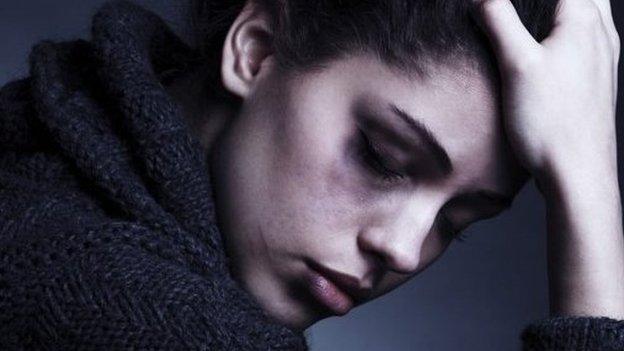How dangerous is Australia for women?
- Published
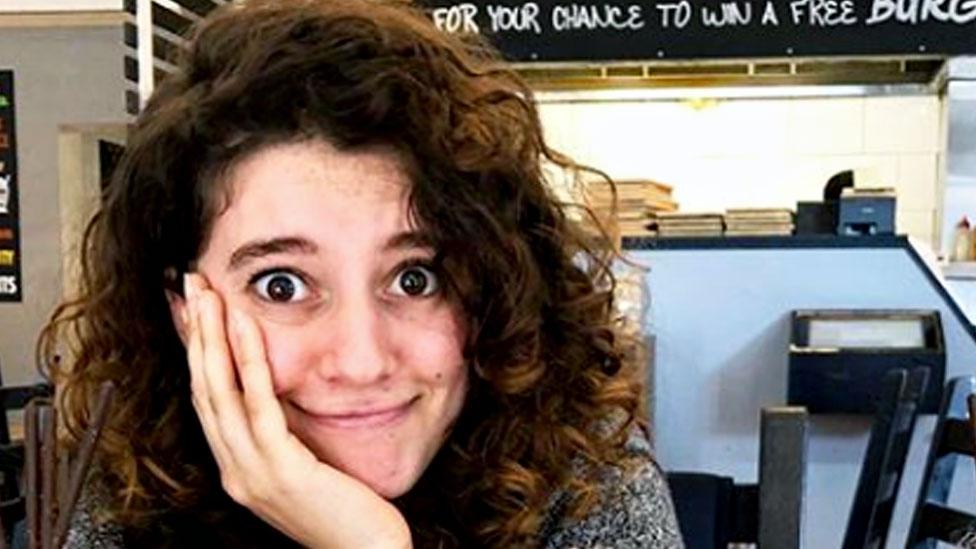
Aya Maasarwe was killed after getting off a tram in Melbourne last week
In the past week, Australians have been shocked by the killing of a young woman who had been walking home at night in Melbourne.
The death of Israeli Arab student Aya Maasarwe, 21, has sparked an outcry and fresh debate about violence against women in Australia.
According to her family, Ms Maasarwe's belief that Australia was "safer" than other places was one reason she had opted for a university exchange there.
Her killing follows several high-profile murders in Australia in recent times which have caused similar anger.
What the statistics say
Almost one in three Australian women have experienced physical violence, and nearly one in five have endured sexual violence, according to the most recent Australian Bureau of Statistics figures, external.
The rates are even higher for Aboriginal and Torres Strait Islander women.
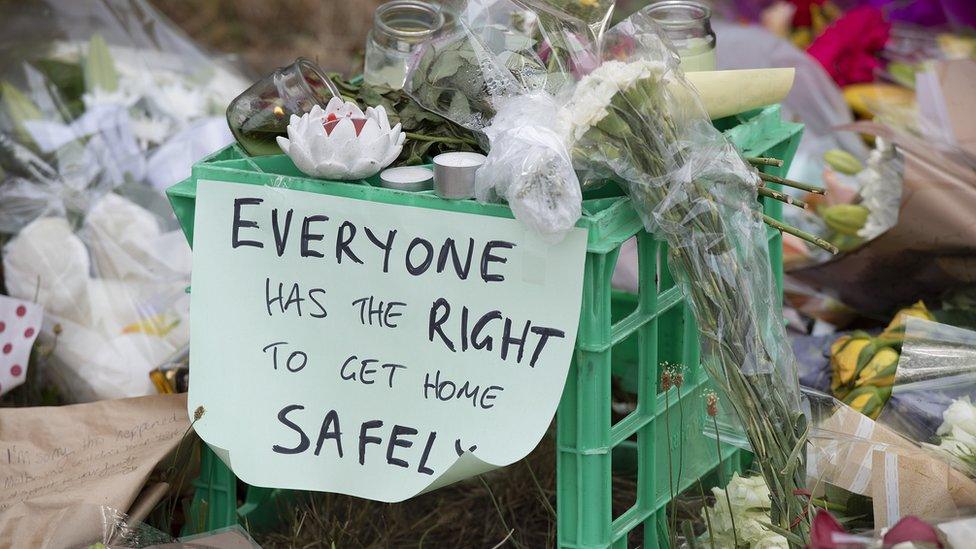
A sign left among public tributes to Aya Maasarwe
Almost one in 10 women have experienced violence from a stranger, the statistics show.
Domestic violence is more common. On average, one woman per week is murdered in Australia by a current or former male partner.
"Violence against women is at its most extreme in murder, but it is more common that women are injured either physically or emotionally in their own home," said Associate Prof Ruth Phillips, a social work expert from the University of Sydney.
"It is a serious problem. Not a crisis, but more of an ongoing gender power problem in Australian culture."
What has happened in recent years?
High-profile murders involving women and children have elevated the issue on the national agenda.
Public debate intensified last year following the murder of a comedian, Eurydice Dixon, in another part of Melbourne. Just months later, a particularly alarming October saw 11 women die in violent circumstances around Australia.
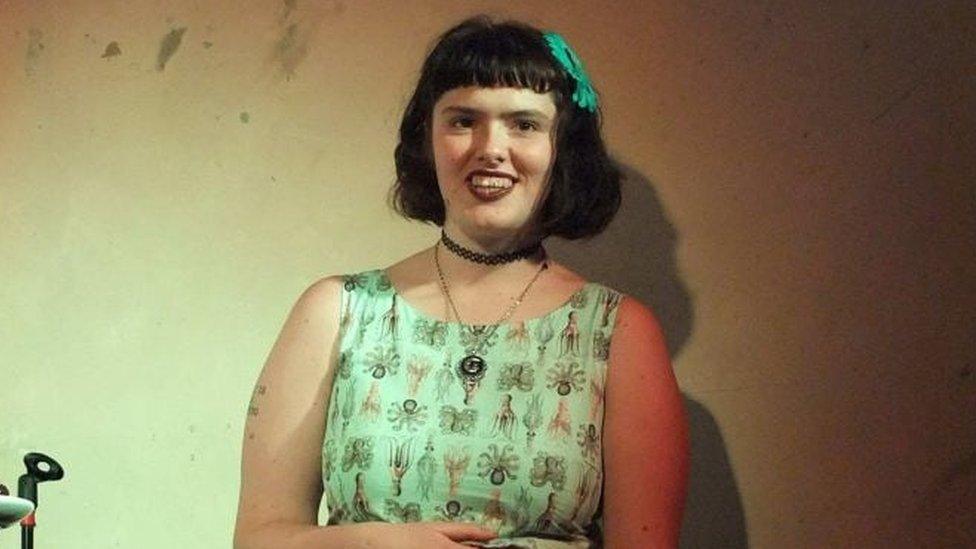
Comedian Eurydice Dixon was murdered in Melbourne last June
"Sometimes, violence against women comes in a cluster together which alerts us to the problem, but really the hidden epidemic of abuse and violence is always with us," said Associate Prof Kelsey Hegarty, a family violence researcher from the University of Melbourne.
One leading public voice has been Rosie Batty, who emerged as a powerful campaigner against domestic violence after her son, Luke, was killed by his father in 2014.
The rape and murder of an Irish woman, Jill Meagher, in Melbourne in 2012 also generated immense attention. It led to public marches, and tighter restrictions around parole for sexual offenders.
The death of Aya Maasarwe last week has again triggered deep concern.
Allow X content?
This article contains content provided by X. We ask for your permission before anything is loaded, as they may be using cookies and other technologies. You may want to read X’s cookie policy, external and privacy policy, external before accepting. To view this content choose ‘accept and continue’.
Allow X content?
This article contains content provided by X. We ask for your permission before anything is loaded, as they may be using cookies and other technologies. You may want to read X’s cookie policy, external and privacy policy, external before accepting. To view this content choose ‘accept and continue’.
Where does Australia sit globally?
The UN has said violence against women in Australia is "disturbingly common", external, but experts say it is not an outlier among developed nations.
Domestic violence - described by the World Health Organization as the leading cause of violence against women globally, external - is more prevalent in poorer nations.
According to the UN, women in Africa and the Americas are more likely to be killed by their partner than women in Oceania.
Among G20 nations, Australia ranks eighth for rates of domestic violence against women, external, according to the OECD, although data for five countries was not available.
What needs to be done?
In 2012, the Australian government launched a dedicated anti-violence policy, the National Plan to Reduce Violence Against Women and their Children.
However, Associate Prof Phillips said many frontline services, such as women's shelters, had not improved since then.
"There has been little evidence of a reduction in violence or a strengthening in women's safety," she told the BBC.
Experts have urged more focus on reducing broader disrespect towards women.
"We will only be able to eradicate violence against women and their children, when women are not only safe, but respected, valued and treated as equals in private and public life," Australia's Sex Discrimination Commissioner Kate Jenkins told the BBC.
- Published20 June 2018
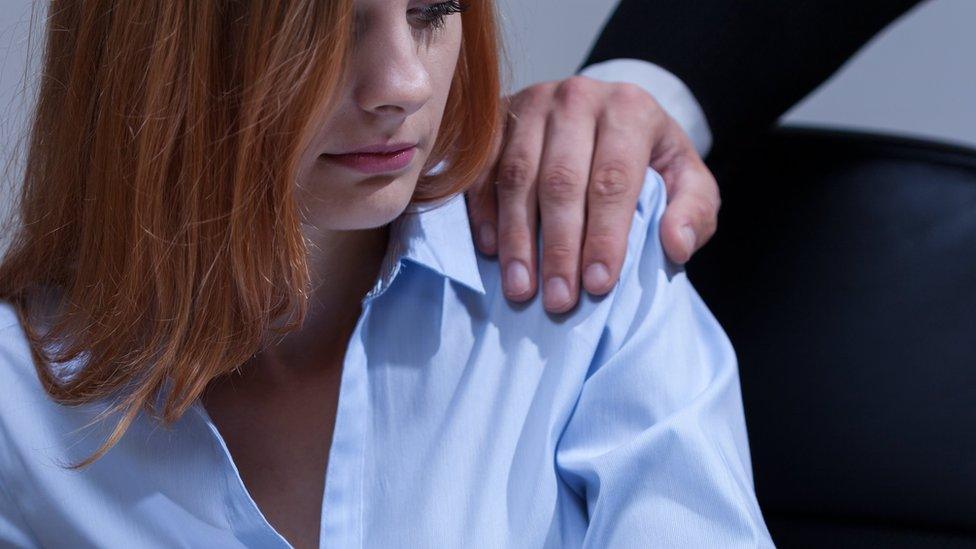
- Published17 January 2019

- Published25 January 2015
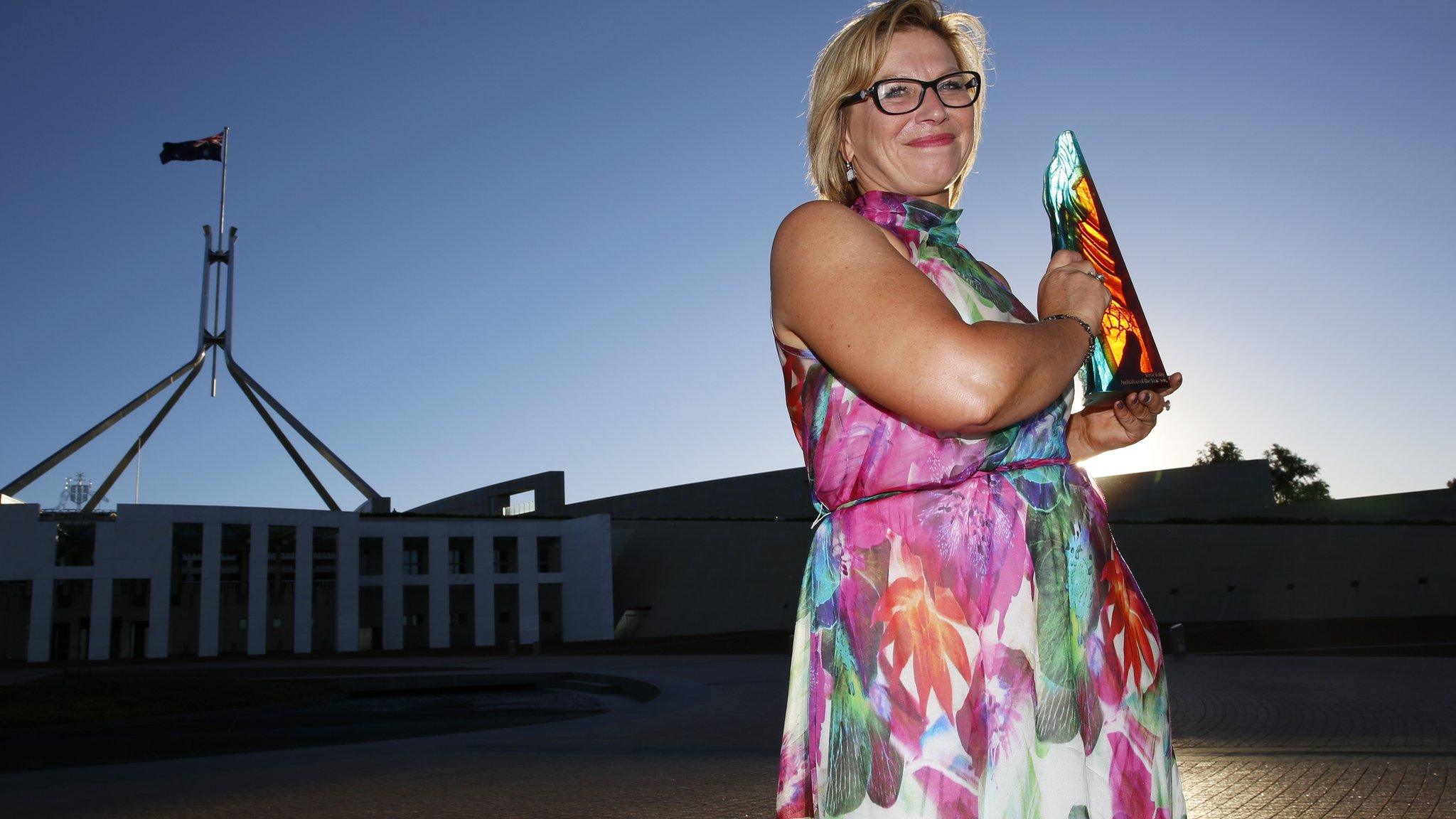
- Published28 January 2015
